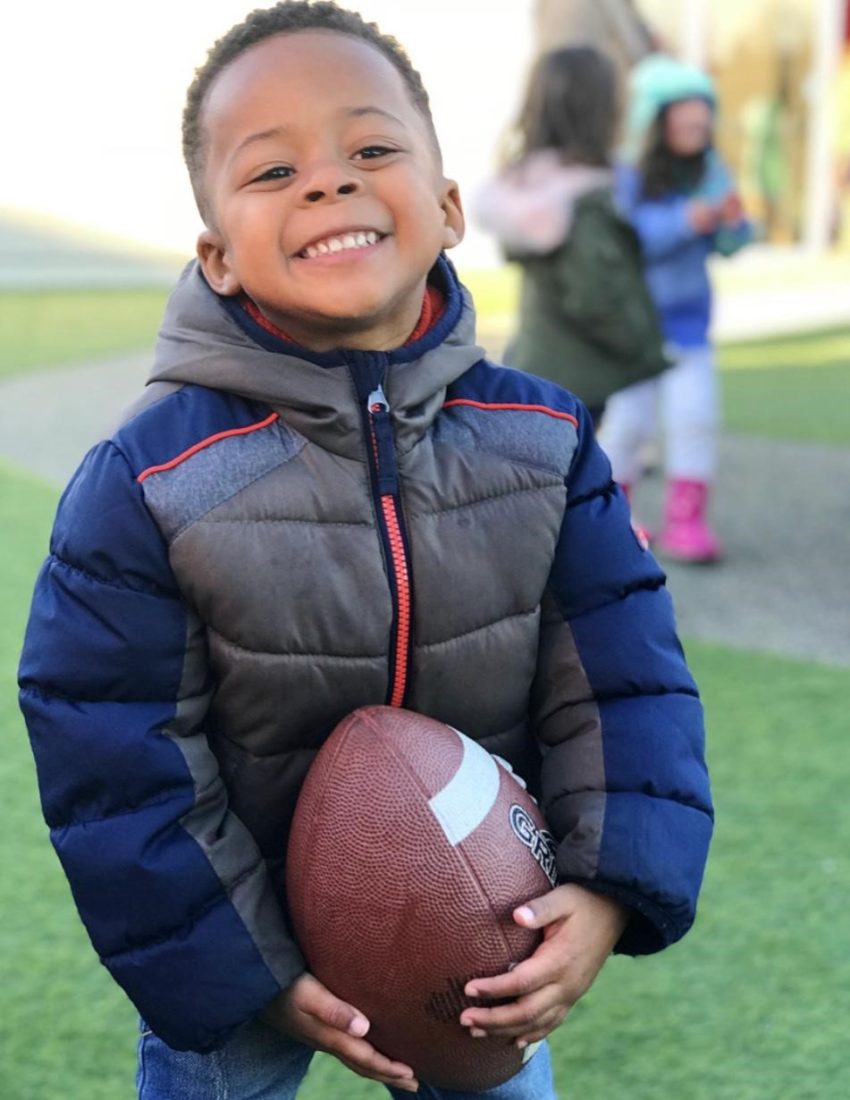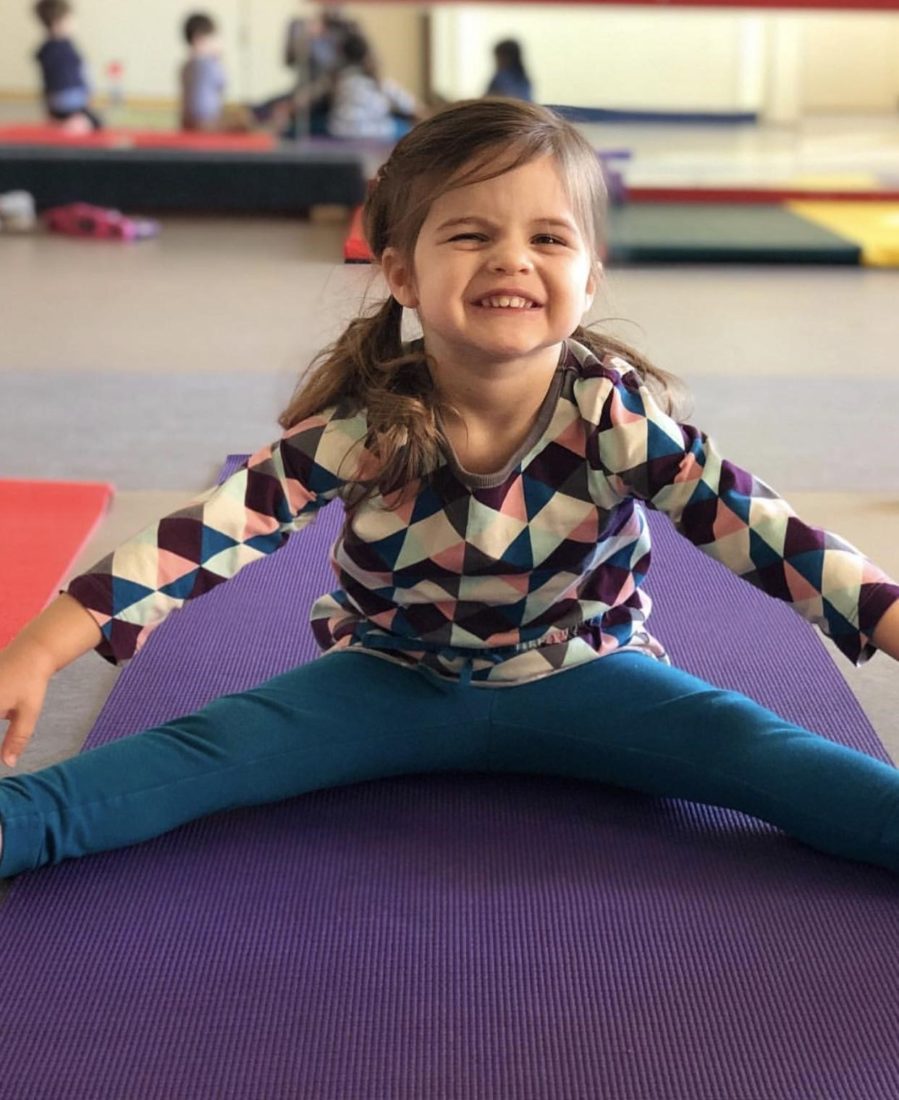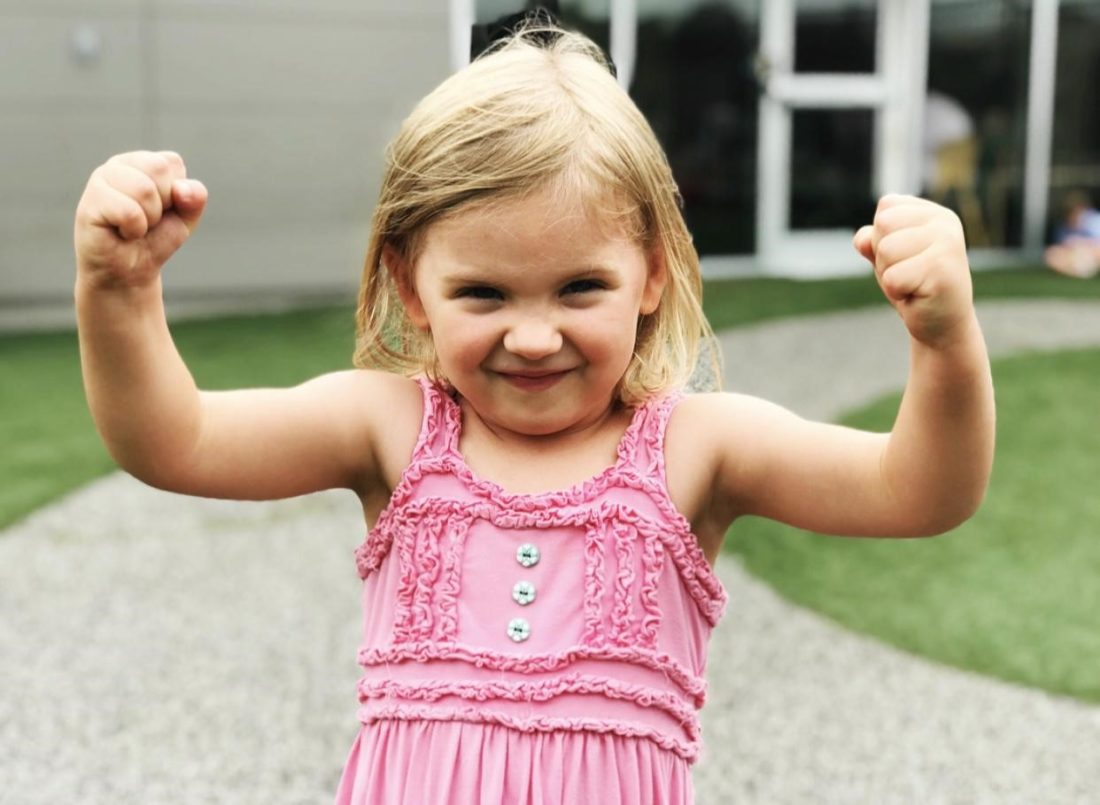
This weekend I attended a Montessori training class on Music and Movement for young children (Isn’t this what everyone does with their Saturday’s?!) We were plugging along through the agenda when we came to a section that caught my attention – “No elimination games.” The material was alluding that there are a multitude of movement games teachers can incorporate that do not require anyone to be “out,” thereby not affecting their self esteem, which I agree with. However, there are some movement games that do require children not to win every time, and these games can teach essential lessons when taught mindfully.

It’s Okay To Be Disappointed, Frustrated, or Upset
When I was a teacher in the classroom, one of my favorite things to do on a rainy day was play Freeze Dance. Seeing a 3 year old with zero inhibitions or self consciousness do the Dougie or the Running Man will never get old. In case you’re unfamiliar with Freeze Dance, the teacher plays music and the children dance, but listen carefully and freeze when the music stops. If they move after the music stops, they’re out. To a 3 or 4 year old – having to sit out for a minute, is sometimes devastating. This is an opportunity for the teacher or parent to empathize and explain it’s okay to be disappointed, but they will have an opportunity to try again in a few minutes.

It’s Okay Not to Win Every Time
As a child gets older, this is an invaluable lesson. They won’t win or be the best every single time. If we communicate this message in a subtle, sensitive manner when children are little through fun games like Freeze Dance or Musical Chairs, we can teach them to have fun playing and striving to get better, rather than only focusing on the outcome. This will also help teach them resilience and determination.
It’s Okay if This is Not Your Thing
We cannot all be amazing at everything. If we were all above average, the average would increase. When elimination games are played in a mindful way with empathy and understanding, we have the opportunity to teach children they may not be a natural at dancing or running, but they should keep trying, because ability is not fixed. We get better at things with practice. There may be other areas where they will excel right away – but they can still have fun doing things that don’t come easily to them. We do a disservice to children if we put pressure on them to be the best at everything they try instead of figuring out what they actually enjoy doing, and working really hard to do their best at that, whatever that looks like for them.
There is a big focus on building self esteem and confidence in children, rightfully so. But when we practice and play games that require some to win and some to lose, we have a controlled environment where we can help children build a more flexible mindset and resilient self image.


